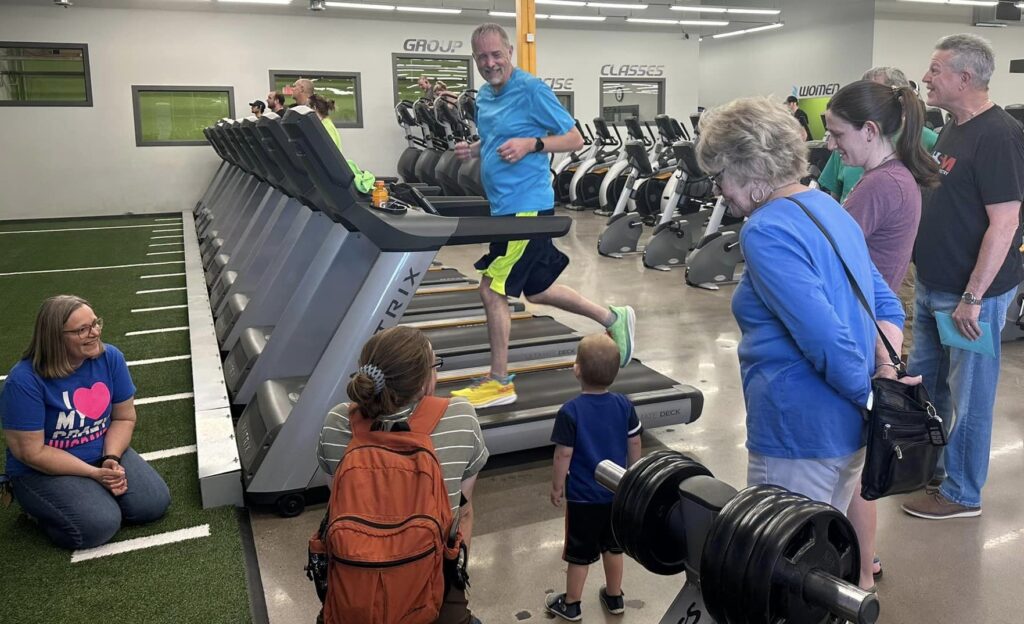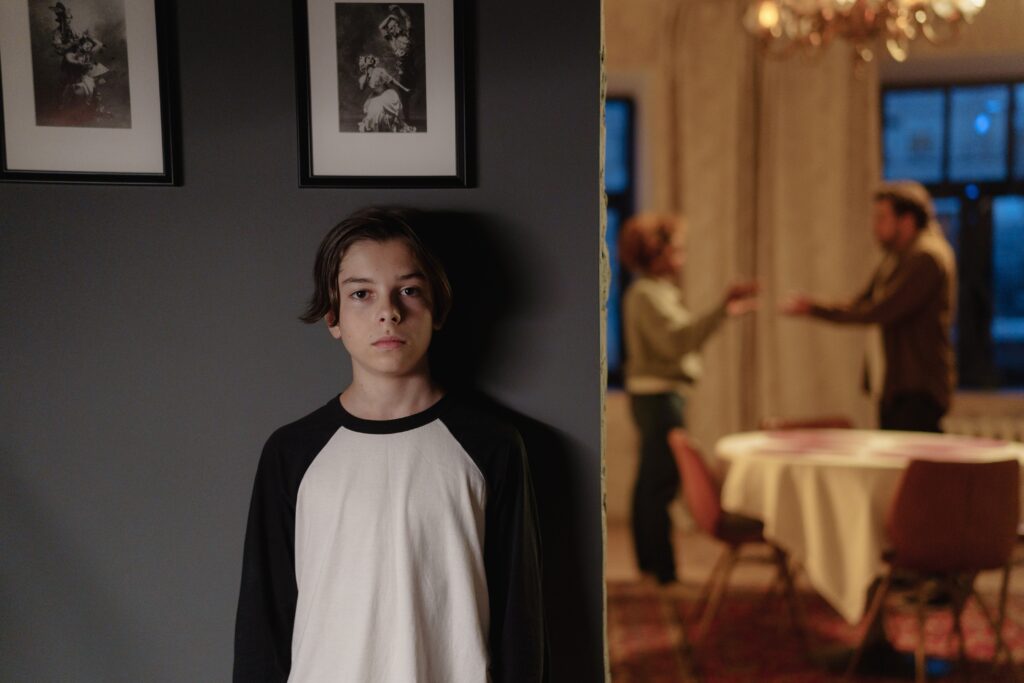 Communication is an essential ingredient to healthy relationships. Today, I want to share two powerful words I added to my vocabulary decades ago that have kept my relationships healthy. I hope these two words will help you too.
Communication is an essential ingredient to healthy relationships. Today, I want to share two powerful words I added to my vocabulary decades ago that have kept my relationships healthy. I hope these two words will help you too.
But first, one word NOT to use.
When we use the word why with others it almost always backfires, resulting, not in connection, but rather in defensiveness, pushback, and negative interactions.
- Billy, why are you always so disrespectful to me?
- Sally, why can’t you leave your brother alone?
- Jake, why do you refuse to come right home after work?
There are at least two reasons to avoid why:
- We often use why as an attack and not as an honest question. You can see this in the illustrations above. We might not be asking a real question–which is disingenuous–but instead might be declaring our conclusions, having already made assumptions about what’s going on.
- For many of us, the word why is a “trigger word,” instantly making us feel we are under interrogation. Interrogation puts us in fight-or-flight mode and naturally makes us defensive. Why makes us feel like we’re on trial and being in the courtroom makes us anxious about being punished. And we’ll do just about anything to avoid punishment.
To avoid creating such a scenario, I suggest replacing why with two powerful words that I learned decades ago: observe and curious. Here’s how they would have worked in the above illustrations.
- Billy, I’ve observed you rolling your eyes and heaving a heavy sigh whenever I ask you to help around the house. I’m curious, what is it about my request that is causing you to react in that way.
- Sally, I’ve observed that when your brother comes into the room you often say unkind things to him until he cries and runs out of the room. I’m interested to know what is causing you to treat him that way.
- Jake, I’ve noticed that you’ve been coming home later and later. I’m curious to understand what might be making you so slow about coming home after work.
Think of the significant and meaningful conversations that would inevitably result from each of those three scripts.
Observe and curious (or their equivalents) are not words of interrogation, they’re words of understanding; they take us to the classroom, not the courtroom. When someone notices me and is curious about what’s going on with me I feel honored, not threatened.
OBSERVE simply states the facts we’ve perceived (without judgment).
CURIOUS shows our interest in understanding the other person.
Avoiding why and using these other words forces us to be honoring rather than suspicious. We’re suspending judgment, giving benefit of the doubt, gathering perspective, and demonstrating teachability. It shows that we’re interested in knowing the other person more than accusing them, condemning them, shaming them, or manipulating them. These words force us to delay judgment until after we’ve gained understanding first. They help build relational bridges of connection rather than walls of opposition.
In short, your life will be changed by replacing why with observe and curious.
Do I observe some skepticism about that? I’m curious to know what would prevent you from trying!
[Note: in case you’re curious, this is a revision of a post I wrote back in 2007, and I’m as committed as ever to these powerful words!]

 .
.






 I’ve met many Christians who are determined to never get a divorce due to their biblical convictions, but I find the goal of simply not getting divorced to be extremely short-sighted. I’m not here to make a case for or against divorce, but my point here is that there are many seemingly “intact” marriages that are so unhealthy that their kids can only be described as growing up in a broken home.
I’ve met many Christians who are determined to never get a divorce due to their biblical convictions, but I find the goal of simply not getting divorced to be extremely short-sighted. I’m not here to make a case for or against divorce, but my point here is that there are many seemingly “intact” marriages that are so unhealthy that their kids can only be described as growing up in a broken home.
